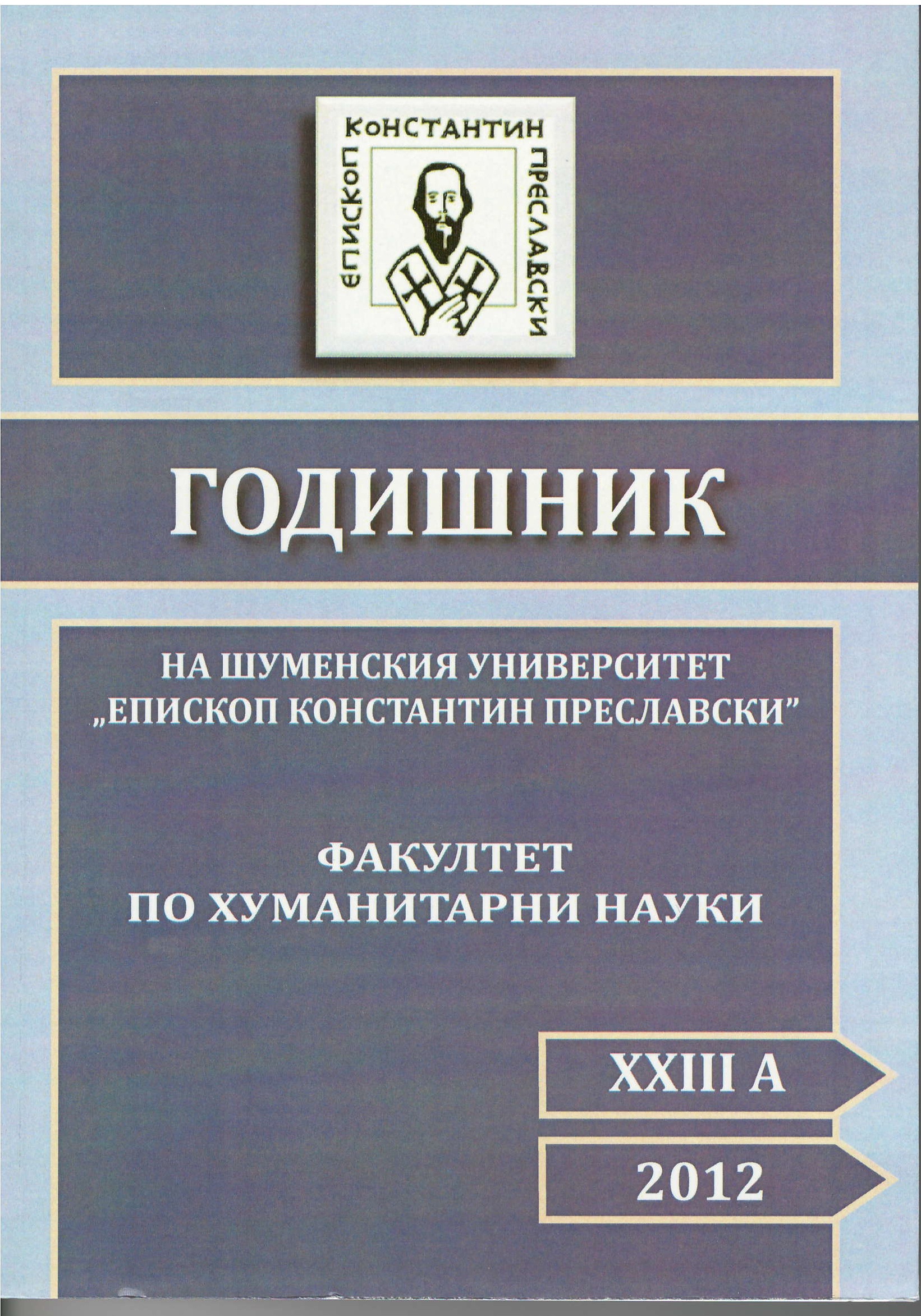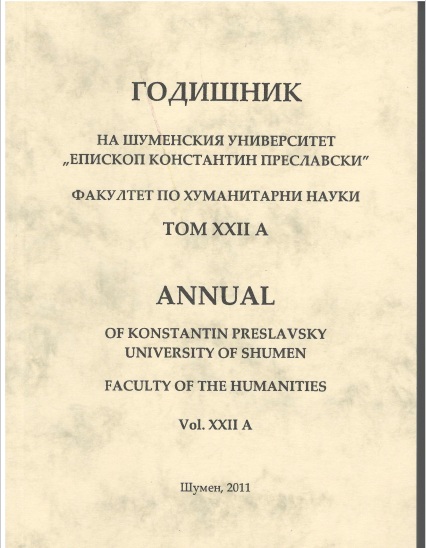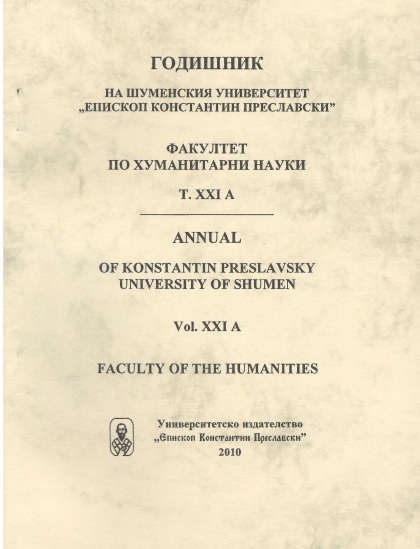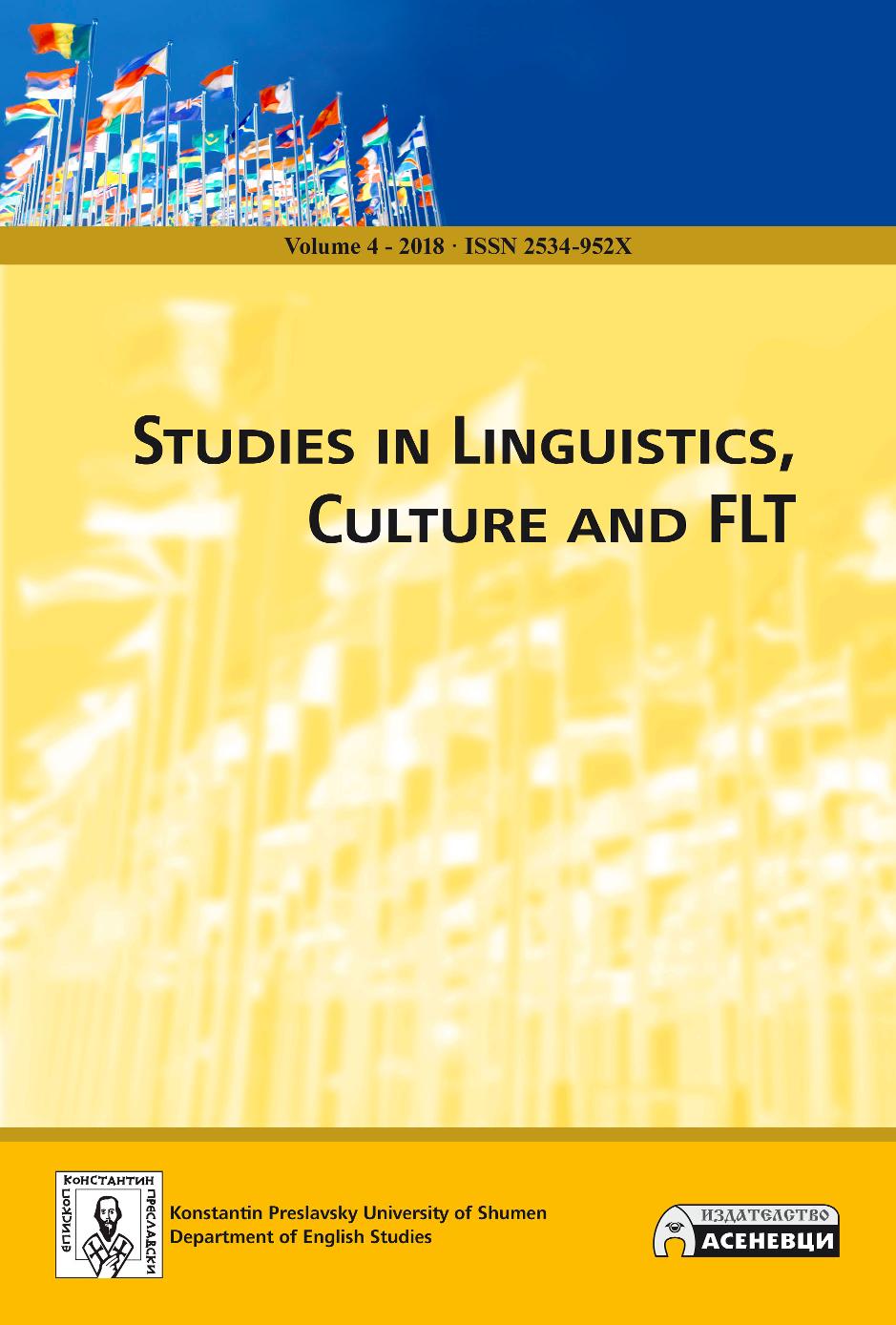
Исторически екскурс на движението за езикова чистота в някои европейски страни
The research paper presents a diachronic review of language purity movements in some European countries. It aims at examining purism in the history of standard Bulgarian against the background of the European language situation so that they can be compared and contrasted in a future research. Thus, the typical features characterizing Bulgarian language purism could be made clear. On the one hand, the review of the purism movements is focused on important moments from the language situations in neighboring Slavic and Non- Slavic countries such as Greece and Turkey, as well as countries that influenced the development of European purism (Italy, France). On the other hand, with regard to the typological characteristics of standard Bulgarian and solving the puzzle of the Slavic language situations, the author reviews purism movements in Russia, Serbia, Slovenia, Croatia, Poland, The Check Republic and Slovakia. A conclusion is drawn that the purism movements develop in a similar way: they start with the praise of the native language, patriotism and a negative evaluation of the foreign language (ethnic community). Then, there is a transition towards rejection of the foreign language and establishment of the native language by proving its benefits, thereby referring to home classics or colloquial units of aristocratic or egalitarian nature. Most obvious are the demonstrations of 'cleansing' at the level of lexis and grammar. The above forms of purism do not occur as alternatives but are often combined.
More...


